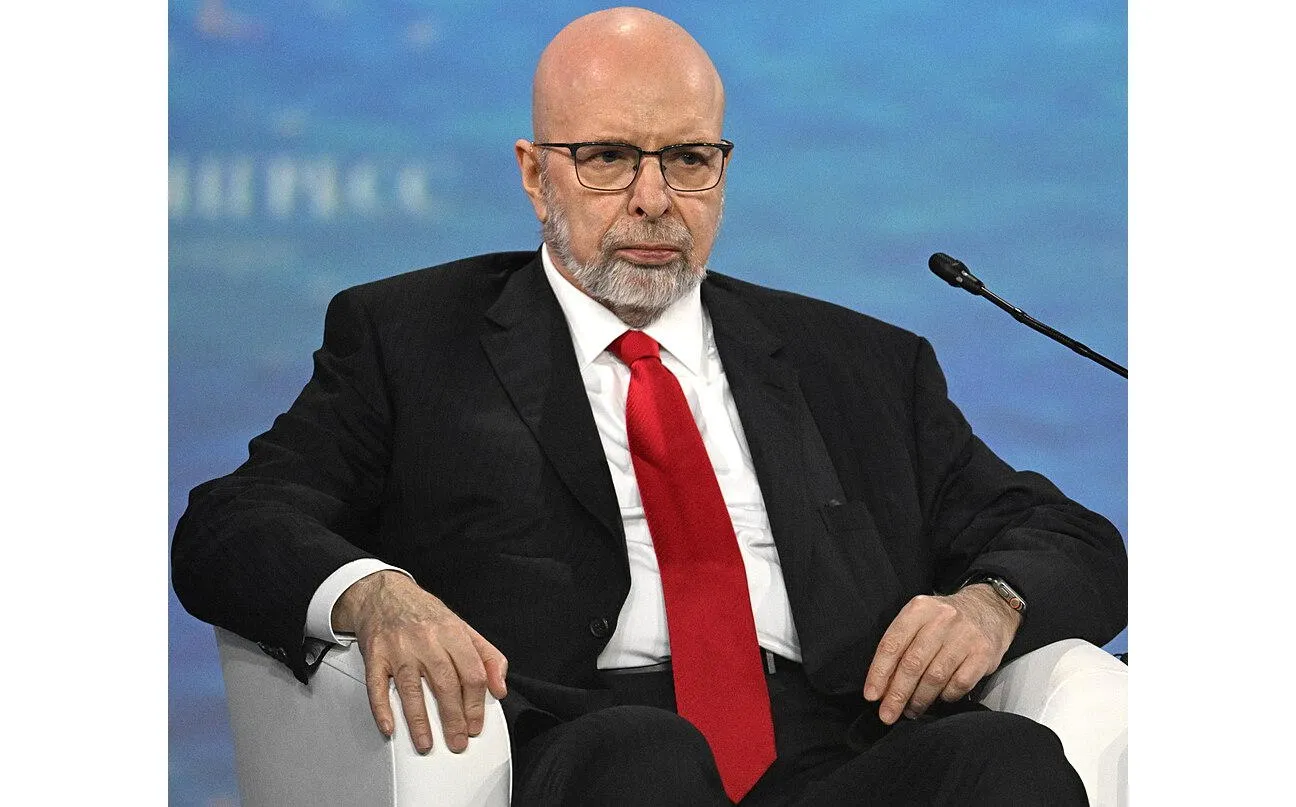Igor Istomin, the acting head of the Department of Applied Analysis of International Problems at MGIMO University (Moscow State Institute of International Relations) published an article on the Valdai Club site on June 19 which RT republished in English on June 20, in which he asks the critical question: “As its Ukrainian proxy faces defeat, the U.S.-led bloc is becoming increasingly reckless. Where will this hubris lead us?”
Istomin’s response is deeply unsettling—but very much on the mark.
“The possibility of a trans-European war is closer today than at any time since the mid-20th century,” he begins. Most evaluations, he continues, are “based on the assumption that the West, despite its aggressiveness and arrogance, is guided in its policies by a rational balance of benefits and costs based on the existing balance of power.”
This is a false assumption, Istomin asserts. Rather, the more their policies fail, the more the West engages in “growing adventurism.” As a result, “having failed in its plans to destroy the Russian economy with restrictive measures and to inflict a strategic defeat on Moscow at the hands of Kiev, the West is moving ever closer to the brink of direct military confrontation. At the same time, it is becoming increasingly insensitive to the possible consequences of such a scenario. Like casino players, the U.S. and its allies are raising the stakes with each successive bet.… [This] lays the groundwork for pre-emptive escalations to reverse the trends of confrontation unfavorable to the West.”
Istomin believes the West is considering “the idea of restricting Moscow’s access to the Baltic Sea, which ignores the inevitable response to threats to Kaliningrad.… So far, the idea of an armed attack on Russia has not been explicitly voiced by Western politicians. At present, they are talking about raising the stakes in the expectation that Moscow will not dare to respond…. In practice, NATO members are actively preparing for a military confrontation with Moscow.”
What complicates things, Istomin adds, is that the West isn’t even listening. “Russia faces the difficult task of containing escalation in a context of low receptivity to Western signals. Attempts to convey the seriousness of the situation are either dismissed out of hand or interpreted as manifestations of Russian aggressiveness.”
The Russian expert concludes his article by warning against the trap being laid for Russia: “In the face of such indoctrination, there is a danger that we ourselves will slip into a similar exaggeration, trying to force the enemy to abandon its adventurous line with even riskier demonstrations of resolve. So far, the Russian leadership has managed to resist these temptations…. In particular, this calls into question the validity of sometimes heard suggestions of nuclear strikes for demonstration purposes. Such actions are more likely to have the opposite effect to that envisaged by their authors, i.e., to bring direct military confrontation with NATO closer rather than further away.”



